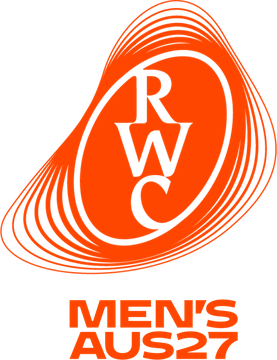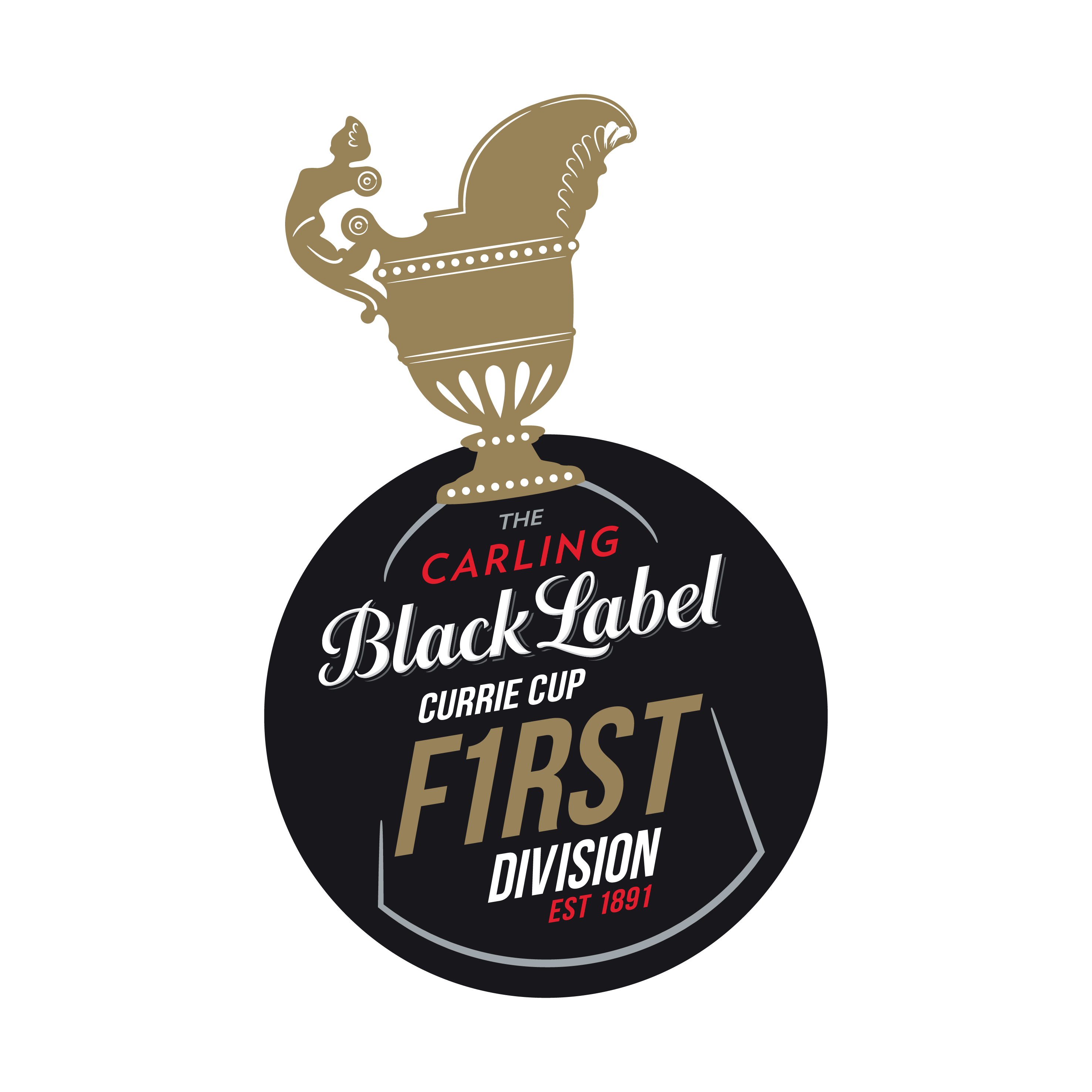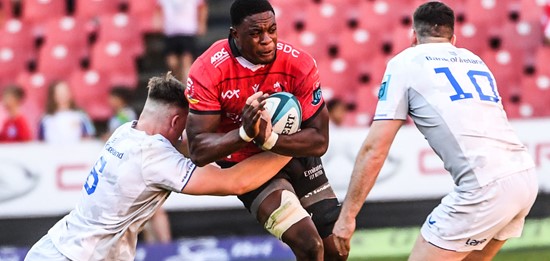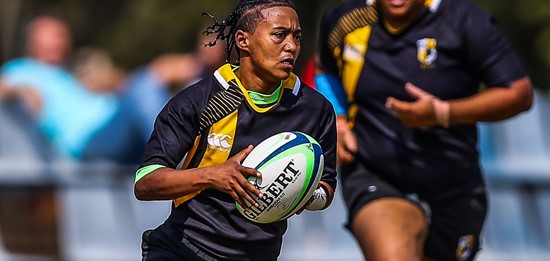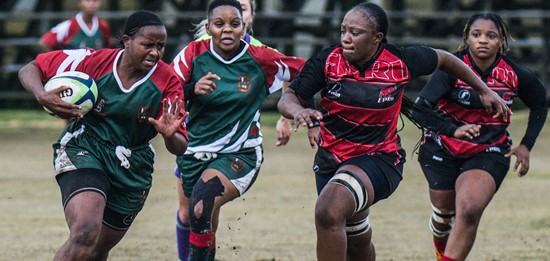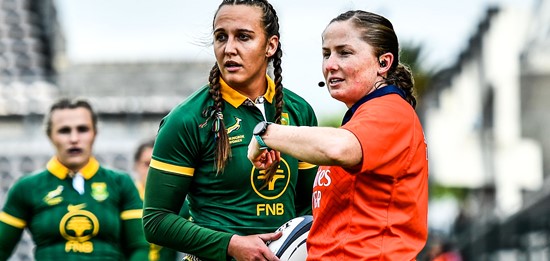Alongside climate change and pollution, biodiversity loss is one of the three global emergencies the planet is facing. Recent data shows an average decline of 69 per cent in species populations since 1970[1] while rainforest the size of 87 rugby pitches is cut down every minute. The speed of biodiversity loss also has significant consequences for society – from food production and increased rates of disease to air filtration and water purification – and sport and rugby can play their part in raising awareness among their ecosystems and inspire positive actions.
Designed using easy to understand language and rugby terminology, the objective is to make it a 10-point game plan for nature with a series of simple and progressive goals. A downloadable poster in four languages is available via www.world.rugby/nature along with links to other resources for those who wish to learn more.
The guidance reflects best-practice and can be implemented at all levels of the game, from local community clubs right up to high-performance international teams and competitions. It includes step-by-step actions to help rugby stakeholders start the journey towards a more sustainable game whether they are players, fans, administrators, parents, teachers or volunteers.
Supporting resources have been developed in collaboration with Sports for Nature, a joint initiative of the International Union for Conservation of Nature, International Olympic Committee, United Nations Environment Programme, Secretariat of the Convention on Biological Diversity, and Sails of Change.
World Rugby is a signatory to the Sports for Nature Framework which aims to deliver transformative action for nature across sports, by 2030 and beyond, enabling sports to champion nature and contribute to its protection and restoration. It provides a game plan for sports — at all levels — to accelerate and inspire others to take action for nature.
World Rugby Chairman Sir Bill Beaumont said: “From shamrocks to springboks, silver ferns and red roses, nature is deeply connected with the heart and soul of rugby. As a signatory to the Sports for Nature Framework, we wanted to provide a game plan for nature; one that our global rugby family can follow and embrace to safeguard our natural environment.
“We believe rugby can play its part in tackling the drastic loss of biodiversity on our planet. The ‘Rugby for Nature’ toolkit has been designed to support all members of our communities that want to make our sport more respectful and sustainable by providing nature a home wherever rugby is practiced and played.”
Susan Gardner, Director of Ecosystems Division at UNEP, IOC Sustainability and Legacy Commissioner, and rugby mum said: “Wallabies, pumas, eagles and toucans all show the importance of nature for rugby. Giving nature a home within and around our sports grounds provides a precious sanctuary for wildlife, while at the same time is an investment in reducing floods, providing tree-shade for cooling off during breaks, and inspiring your players and fans to consider what they can do too. We welcome every rugby club to join the Rugby for Nature squad.”
The toolkit was inspired by discussions with local grassroot rugby clubs in Oxfordshire, England who were passionate about protecting the natural environment but lacked simple guidance to get started. As a result, the toolkit was developed following rugby’s scoring system – an initial five points for the try that all clubs can look to implement, two further actions for the conversion, and three for the drop goal – with the aim that this toolkit can live by the kettle in any groundskeeper’s shed.
Oxford Harlequins Director of Operations James Knox added: "We have been proactive in this area with the installation of air source heat pumps lately, but thinking about what smaller, simpler steps we could take around the club to protect biodiversity have been really enlightening. Investing in nature often means giving it a home within and around our fields, which may also help reduce some of the flooding of our pitches. Considering these clear and easy to achieve steps is a game-changer and one I hope many more clubs will embrace."
The template has already been shared with other turf-based sports and can be adapted and replicated to suit the needs of similar ecosystems such as football, cricket and hockey.
This initiative helps address objectives around the protection of the natural environment, a key theme of the World Rugby Environmental Sustainability Plan 2030, and complements the two other key themes of climate action and support for the circular economy. As the governing body for the sport, World Rugby is committed to using its platform to empower its member unions to adopt similar approaches.
[1] WWF Living Planet Report 2022
Picture credit: World Rugby







